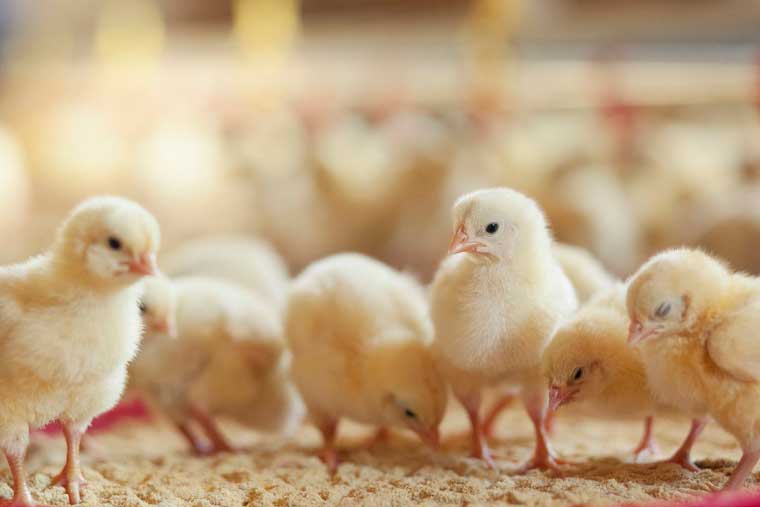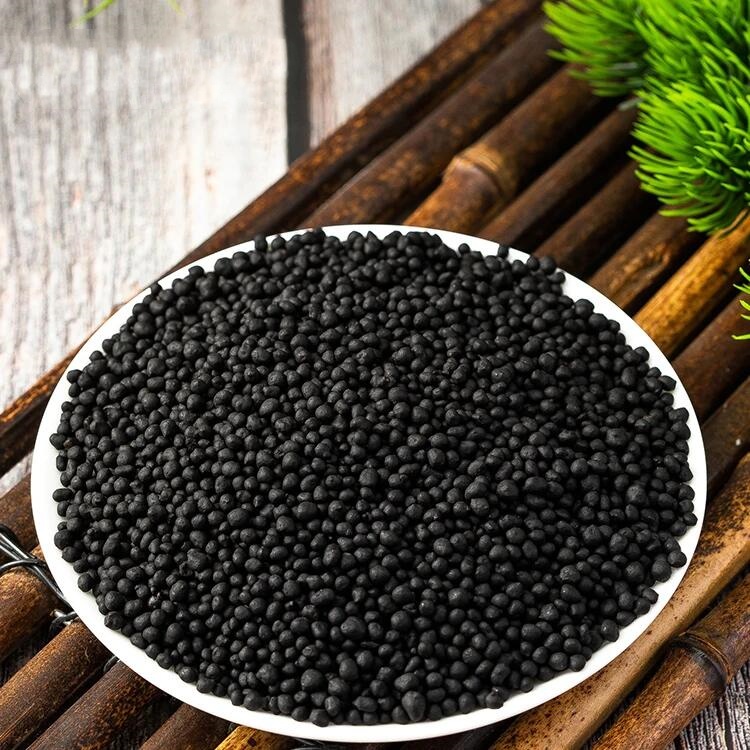Sodium humate is an active substance that has no toxic side effects on animals and has the ability to resist diseases and adjust the body’s immune function. It has the function of improving the physiological functions of animals and promoting the growth and development of organ cell tissues. In order to utilize the characteristics of sodium humate and develop poultry farming, researchers selected the fine sodium humate developed by the company to conduct chicken feed additive tests.
Preliminary exploration of the role and function of sodium humate in chicken feed
1 Test method
1.1 Test subjects
The excellent breed Avian broiler chickens were selected for the test. Each chick (under three weeks old) was added with 0.01g of sodium humate per day to make an aqueous solution for mixing with food and drinking. Adult chickens (4-7 weeks old) were fed with sodium humate dissolved in water and mixed with local high-quality synthetic feed according to the test standards.
1.2 Test design
Six test groups were set up according to different dosages of sodium humate. The first five groups were test groups, and the sixth group was the control group. There were 20 chickens in each group, for a total of 120 chickens.
1.3 Feed Management
The experiment adopted indoor feeding. Each group was separated by wooden boards and caged separately. The chicks were fed twice a day and had free access to water. All chicks participating in the experiment were grouped and numbered, weighed and registered separately, and weighed once every 10 days. The records were kept until the end of the experiment, weighing a total of 4 times.
2 Experimental Results
The chicks grew up after 45 days of feeding. When they were released from the cage, the growth of each group of chickens was different. There were some differences. The third group had a significant difference, with a net weight gain of 5kg and a weight gain rate of 12.5% compared with the control group.
3 Conclusion
(1) From the experimental results, it can be seen that the total weight of the third group was 45kg, and the total weight of the control group was 40kg. The weight gain was 5kg, an increase of 12.5%. Each chicken gained 0.25kg. According to the 120 chickens participating in the experiment, the weight gain was 30kg. Based on the market price of 9.5 yuan at that time, the total income increased by 9.5X30=285 yuan.
(2) The chicks in the experimental group developed neatly, the combs of the adult chickens were ruddy, the hair color was shiny, the feathers were plump and beautiful, the appetite increased, and the spirit was vigorous.
(3) Feeding chickens with sodium humate feed has a good anti-fowl plague effect. According to experimental observations, there was no case of chicken plague in the flocks of chickens using this feed, and it had a significant effect of eliminating the odor of feces and improving the environmental sanitation conditions of the chicken house. Therefore, feeding chickens with sodium humate feed provides convenient conditions for chicken farmers (farms) with poor epidemic prevention conditions.
In summary, the use of sodium humate as a chicken feed additive has many advantages such as enhancing the immunity of chickens, no toxic side effects, improving the chicken house environment, and improving economic benefits. It is a high-quality chicken feed additive worthy of promotion.



